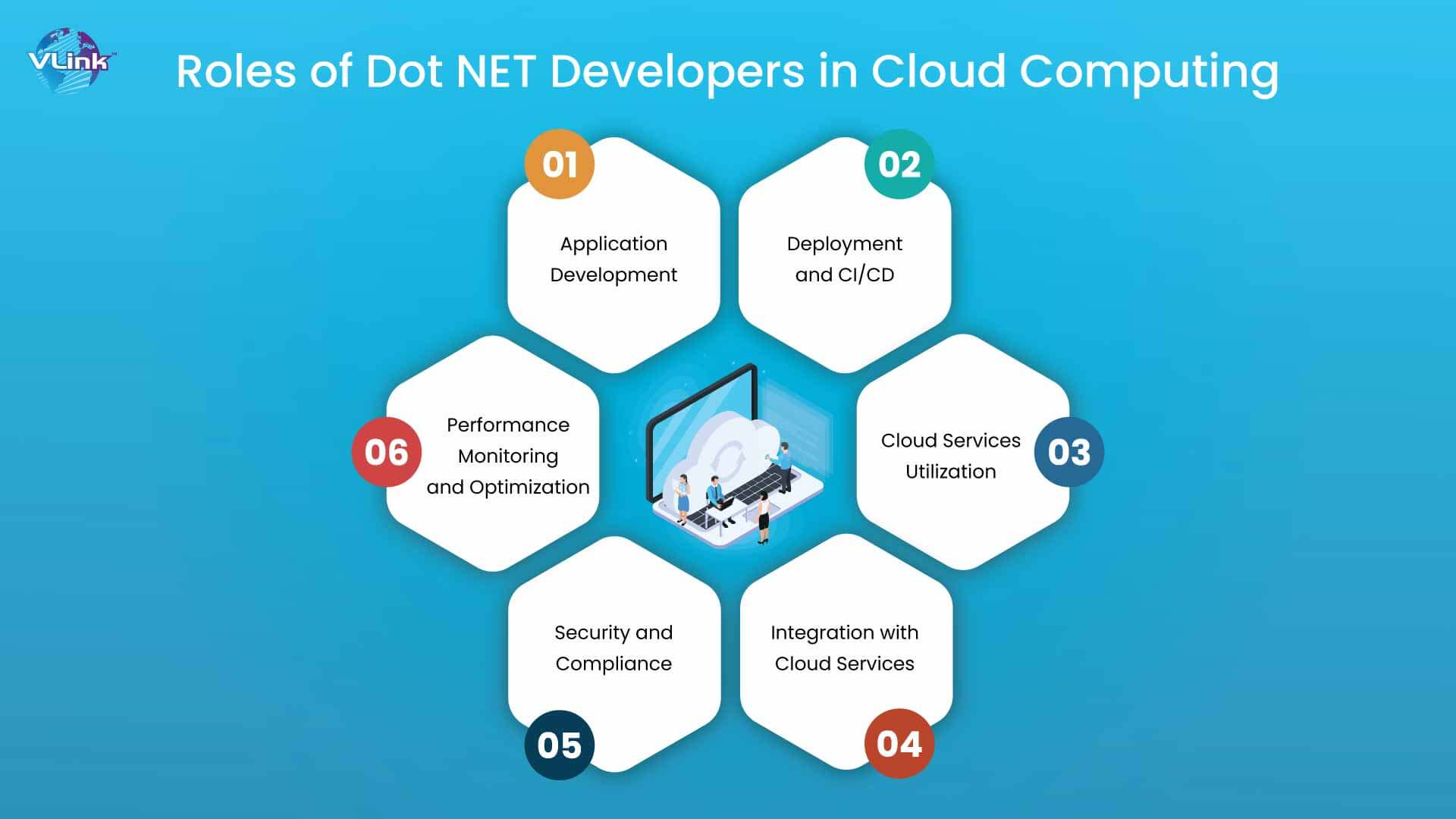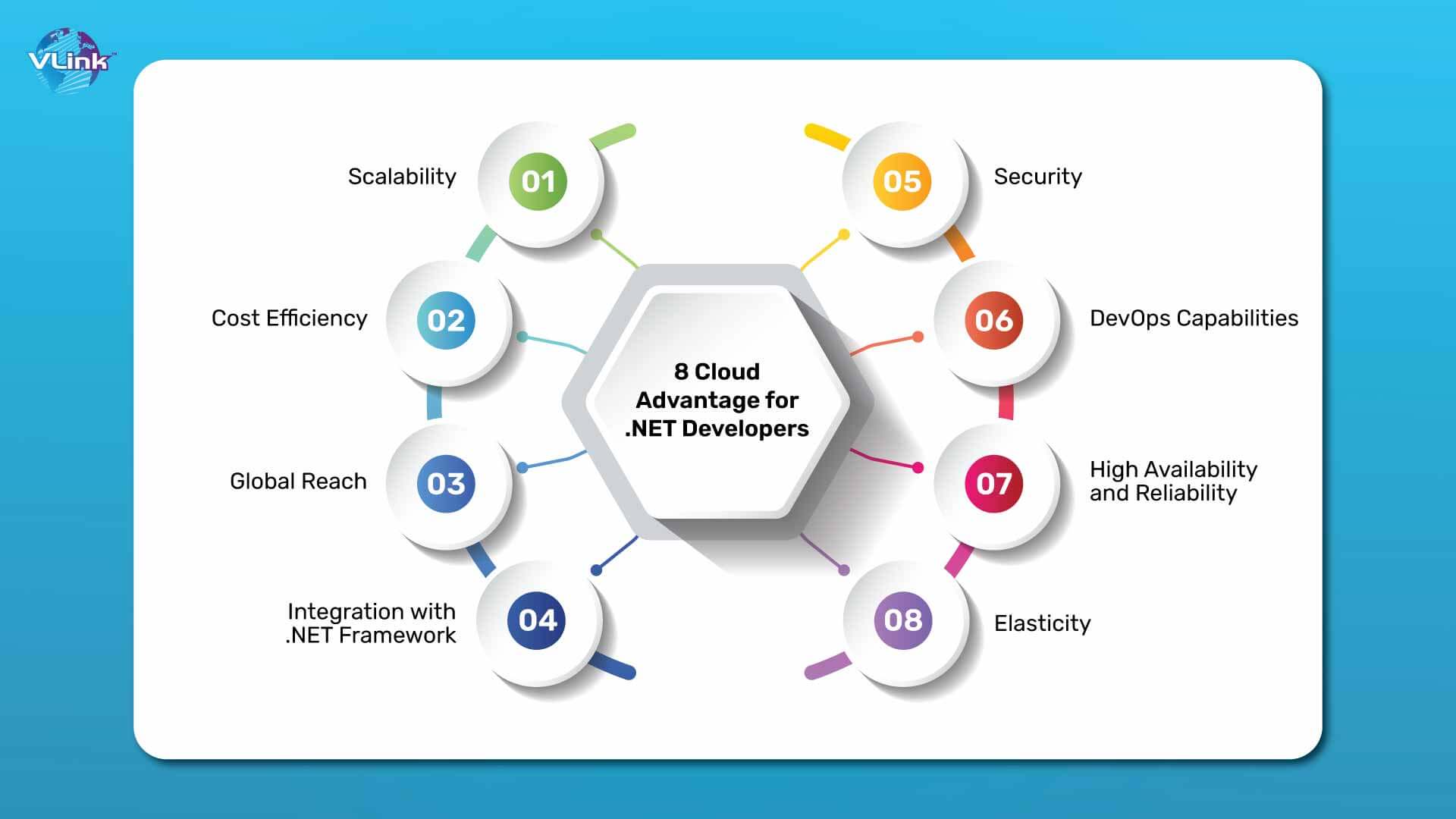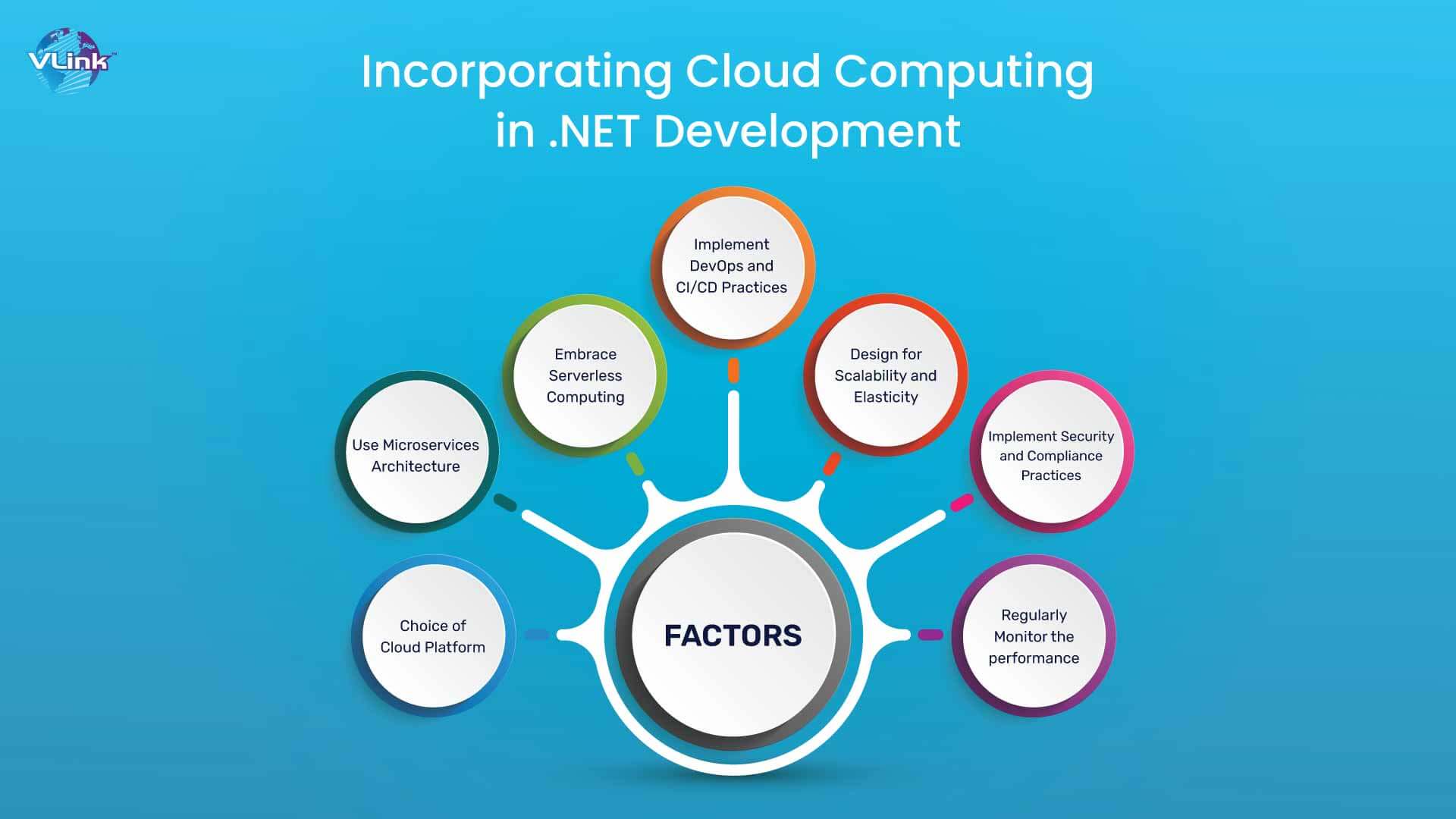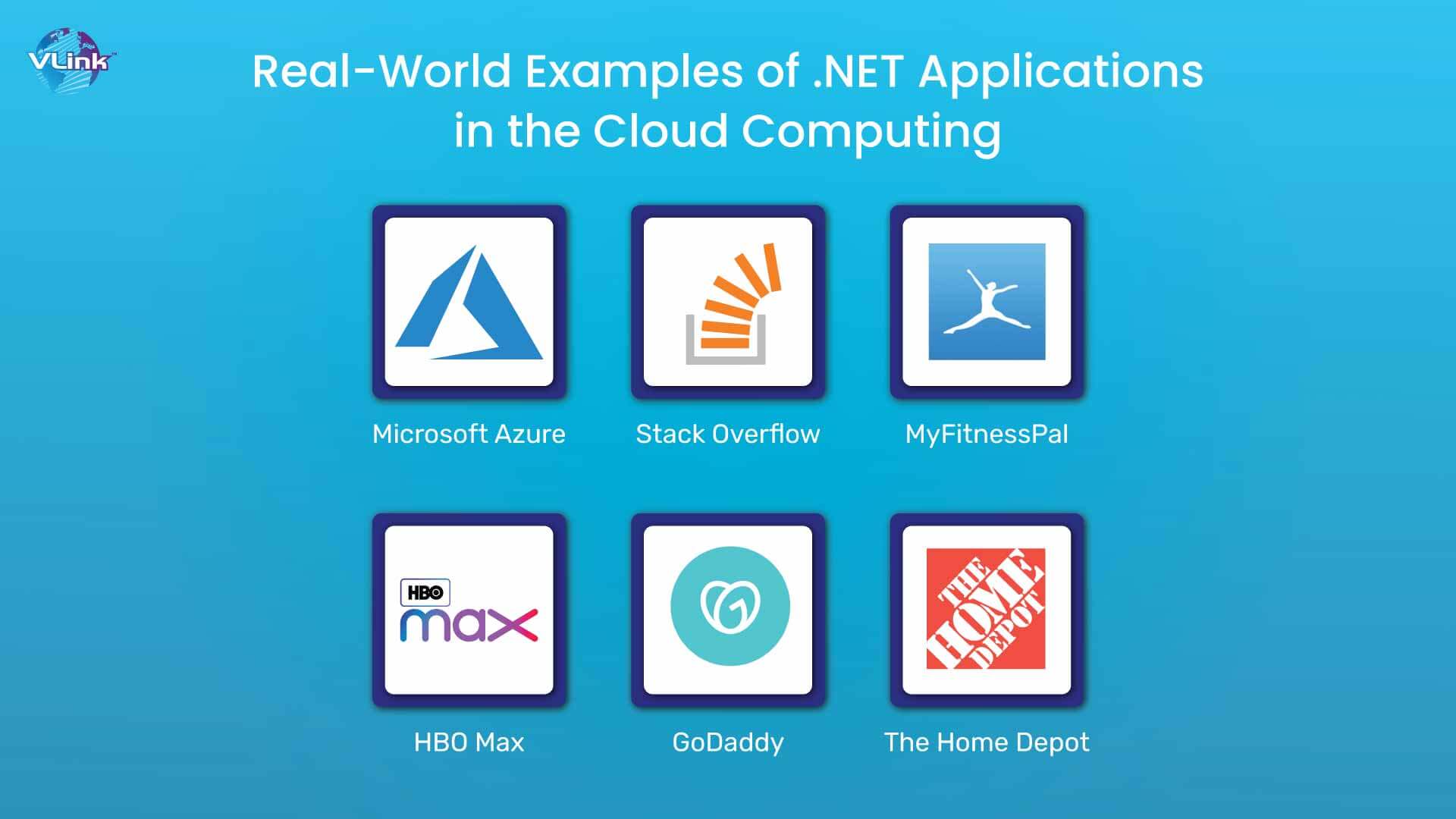In the dynamic landscape of modern technology, the integration of .NET development with cloud computing has become increasingly vital. As businesses migrate their operations to the cloud to leverage its scalability, flexibility, and cost-efficiency, .NET developers play a crucial role in this transition.
In result, it is essential to understand the role of .NET developers and their contributions to the development process. If you instantly want to hire Dot NET programmers and ASP NET developers, read the full blog to understand how .NET developers contribute to and benefit from cloud computing.
Understanding .NET and Cloud Computing
It's not enough just to outline your needs and screen resumes. You must ensure that the developer you hire can genuinely deliver on their claims. Talent assessments, like the Clean Code test, provide the most accurate measure of a candidate's skills.
If you want to avoid the complexities of the hiring process, .NET, a robust framework created by Microsoft, empowers developers to construct diverse applications spanning desktop, web, and mobile platforms. In contrast, cloud computing entails providing cloud managed infrastructure services over the internet, encompassing storage, processing capabilities, and applications, all offered on a flexible, pay-as-you-go model.
What are the Roles of Dot NET Developers in Cloud Computing?
Here are a few roles of Dot NET programmers in Cloud Computing:

1- Application Development
- Cloud-Native Applications: .NET developers design and develop cloud-native applications that are optimized for cloud environments. They use frameworks like ASP.NET Core to create scalable and high-performance applications.
- Microservices Architecture: They often develop applications using a microservices architecture, which allows for better scalability and maintainability. Each microservice can be deployed and managed independently in the cloud.
2- Deployment and CI/CD
- Continuous Integration/Continuous Deployment (CI/CD): .NET developers build CI/CD pipelines to automate the deployment process, ensuring that applications can be quickly and reliably pushed to cloud environments. Tools like Azure DevOps, Jenkins, and GitHub Actions are commonly used.
- Containerization: They use container technologies like Docker to package applications, ensuring consistency across different environments. These containers can be deployed on cloud platforms using orchestration tools like Pods in Kubernetes.
3- Cloud Services Utilization
- Platform as a Service (PaaS): Developers utilize PaaS offerings such as Azure App Services, AWS Elastic Beanstalk, or Google App Engine to deploy and manage applications without worrying about the underlying infrastructure.
- Infrastructure as a Service (IaaS): They also work with IaaS to provide virtual machines and manage more granular control over the infrastructure when needed.
4- Integration with Cloud Services
- Databases: .NET developers integrate applications with cloud databases like Azure SQL Database, Amazon RDS, or Google Cloud SQL.
- Storage: They use cloud storage services such as Azure Blob Storage, Amazon S3, or Google Cloud Storage to store and retrieve data.
- Messaging and Event Processing: Developers use cloud messaging services like Azure Service Bus, Amazon SQS, or Google Pub/Sub to handle asynchronous communication between different parts of the application.
5- Security and Compliance
- Identity and Access Management: .NET developers implement authentication and authorization mechanisms using cloud services like Azure Active Directory, AWS IAM, or Google Identity Platform.
- Data Protection: They ensure data is encrypted at rest and in transit and comply with various regulations and standards (e.g., GDPR, HIPAA) by using cloud security trends and tools and best practices.
6- Performance Monitoring and Optimization
- Monitoring: Developers use monitoring and logging services such as Azure Monitor, AWS CloudWatch, or Google StackDriver to keep track of application performance and troubleshoot issues.
- Scaling: They implement auto-scaling solutions to handle varying loads, ensuring that applications can scale up or down based on demand.
The Cloud Advantage for .NET Developers

Here are 8 main advantages of using cloud computing for .NET developers:
1- Scalability
Cloud platforms like Azure and AWS offer scalable infrastructure, allowing .NET developers to easily scale up or down based on application demand without worrying about hardware constraints.
2- Cost Efficiency
Cloud Computing Consulting Services typically follows a pay-as-you-go model, which can be more cost-effective than maintaining and managing on-premises hardware. This is especially beneficial for .NET developers working on projects with fluctuating resource needs.
3- Global Reach
Cloud providers have data centers distributed worldwide, enabling .NET developers to deploy applications closer to end-users for lower latency and better performance across different regions.
4- Integration with .NET Framework
Major cloud providers offer robust support for .NET development tools and frameworks. For example, Azure provides seamless integration with Visual Studio and supports various .NET technologies like ASP.NET, .NET Core, and more.
5- Security
Cloud platforms invest heavily in security measures, including compliance certifications, encryption, and threat detection, which .NET developers can leverage to enhance the security of their applications and data.
6- DevOps Capabilities
Cloud environments support DevOps practices such as continuous integration and continuous deployment (CI/CD), automated testing, and monitoring. .NET developers can use these tools to streamline development workflows and improve software delivery.
7- High Availability and Reliability
Cloud providers offer built-in redundancy and failover options that ensure the high availability of applications. .NET developers can design their applications to take advantage of these features for improved reliability.
8- Elasticity
Cloud platforms allow .NET developers to quickly provision additional resources during peak traffic periods and release them when no longer needed. This elasticity enables efficient resource utilization and supports agile development practices.
By leveraging these advantages, .NET developers can accelerate development cycles, improve application performance, and reduce operational overhead. It ultimately delivers better experiences for users and stakeholders alike.
How to Incorporate Cloud Computing in .NET Development?

Here are some key points and considerations for .NET developers when it comes to leveraging cloud computing:
- Choice of Cloud Platform: .NET developers have several options for cloud platforms, including Microsoft Azure, AWS (Amazon Web Services), and Google Cloud Platform. Each platform offers its own set of services and integrations that can enhance .NET application development.
- Use Microservices Architecture: Cloud computing encourages the use of microservices, which are small, independent services that can be developed, deployed, and scaled independently. .NET Core is particularly suited for building microservices-based applications, which can then be deployed on cloud platforms.
- Embrace Serverless Computing: Serverless architecture allows developers to focus on writing code without worrying about managing infrastructure. Azure Functions and AWS Lambda are examples of serverless computing services that .NET developers can leverage for event-driven applications.
- Implement DevOps and CI/CD Practices: Cloud platforms provide robust support for DevOps practices, including continuous integration and continuous deployment (CI/CD). Tools like Azure DevOps and AWS CodePipeline integrate seamlessly with .NET projects, enabling automated build, test, and deployment pipelines.
- Design for Scalability and Elasticity: Cloud computing offers on-demand scalability, allowing .NET applications to handle varying workloads effectively. Autoscaling features provided by cloud platforms ensure that resources are provisioned based on current demand, optimizing costs and performance.
- Implement Security and Compliance Practices: Cloud platforms provide built-in security features such as identity and access management, encryption, and compliance certifications. .NET developers need to understand and implement these features to ensure cloud applications and data security.
- Regularly Monitor the performance: Cloud platforms offer monitoring and analytics tools that provide insights into application performance, resource utilization, and user behavior. Integrating these tools with .NET applications helps in optimizing performance and user experience.
In summary, .NET developers can benefit significantly from incorporating cloud computing into their development practices, leveraging cloud services to build scalable, resilient, and cost-effective applications.
Understanding the capabilities of cloud platforms and integrating them effectively with .NET frameworks can lead to enhanced productivity and competitiveness in today's digital landscape.
Real-World Examples of .NET Applications in the Cloud Computing

Here are six real-world examples of .NET applications that utilize cloud computing:
1- Microsoft Azure
Azure, Microsoft's cloud computing platform, is built using .NET technologies. It hosts a variety of .NET applications and services, demonstrating the scalability and reliability of .NET in cloud environments.
2- Stack Overflow
Stack Overflow, a popular question-and-answer site for programmers, utilizes .NET technologies for its backend services. It leverages cloud computing for scalability and reliability to handle millions of users and concurrent requests.
3- MyFitnessPal
MyFitnessPal, a popular fitness and nutrition tracking app, utilizes .NET applications in the cloud to manage user data and provide real-time analytics. It also ensures scalability during peak usage times.
You can build fitness app like MyfitnessPal by hiring .NET developers with cloud computing expertise.
4- HBO Max
HBO Max, a streaming platform, employs .NET applications in the cloud for content delivery, user authentication, and personalized recommendations. This setup ensures a reliable and scalable streaming experience for millions of users.
5- GoDaddy
GoDaddy, a domain registrar and web hosting company, uses .NET applications in the cloud to manage domain registration, website hosting, and customer support systems. This setup enables GoDaddy to handle a large volume of transactions and customer interactions.
6- The Home Depot
The Home Depot, a home improvement retailer, employs .NET applications in the cloud for its e-commerce platform, inventory management, and customer relationship management (CRM) systems. This architecture supports seamless online shopping experiences and efficient store operations.
These examples demonstrate the versatility and scalability of .NET applications in cloud computing across various industries, from media and entertainment industry to finance and e-commerce.
The Future Role of .NET Developers in Cloud Computing
The future role of .NET developers in cloud computing is pivotal and expanding. As cloud adoption accelerates, .NET developers are increasingly tasked with leveraging cloud services to build scalable, resilient, and secure applications. Their expertise in ASP.NET, C#, and .NET Core positions them to architect cloud-native solutions, utilize serverless technologies, and integrate with cloud platforms like Azure and AWS.
.NET developers play a crucial role in optimizing application performance through cloud services such as serverless computing, containerization, and managed databases. They are also instrumental in implementing DevOps practices, ensuring continuous integration and deployment (CI/CD), and leveraging infrastructure as code (IaC) for automated provisioning and scaling.
In addition, .NET developers contribute to enhancing application reliability with cloud-native monitoring, logging, and analytics tools. Their ability to navigate hybrid cloud environments, bridge on-premises and cloud solutions, and adhere to stringent security protocols ensures they remain indispensable in shaping the future landscape of cloud computing.
.NET developers with cloud computing expertise are instrumental in driving digital transformation and fostering innovation. Their ability to harness the power of the cloud while leveraging the robustness of the .NET framework makes them indispensable assets to any organization.
Whether you are modernizing applications, optimizing performance, or embarking on new initiatives, hiring skilled .NET developers ensures you stay ahead in the cloud-first era.
Hire Dot NET Developers with Cloud Computing Expertise!
If you're looking to propel your business forward with scalable, cloud-enabled solutions, hire .NET developers with cloud computing expertise from VLink. We are a reliable IT staffing agency in the United States with a large network talent pool and pre-vetted experts. We will help you find and hire the right programmers for your .NET development project.
Here are several reasons why you should hire .NET experts from VLink:
1. Hire within 48 hours
2. 7-day free trial
3. Zero-day exit rate
4. Low churn rate









 Shivisha Patel
Shivisha Patel

















